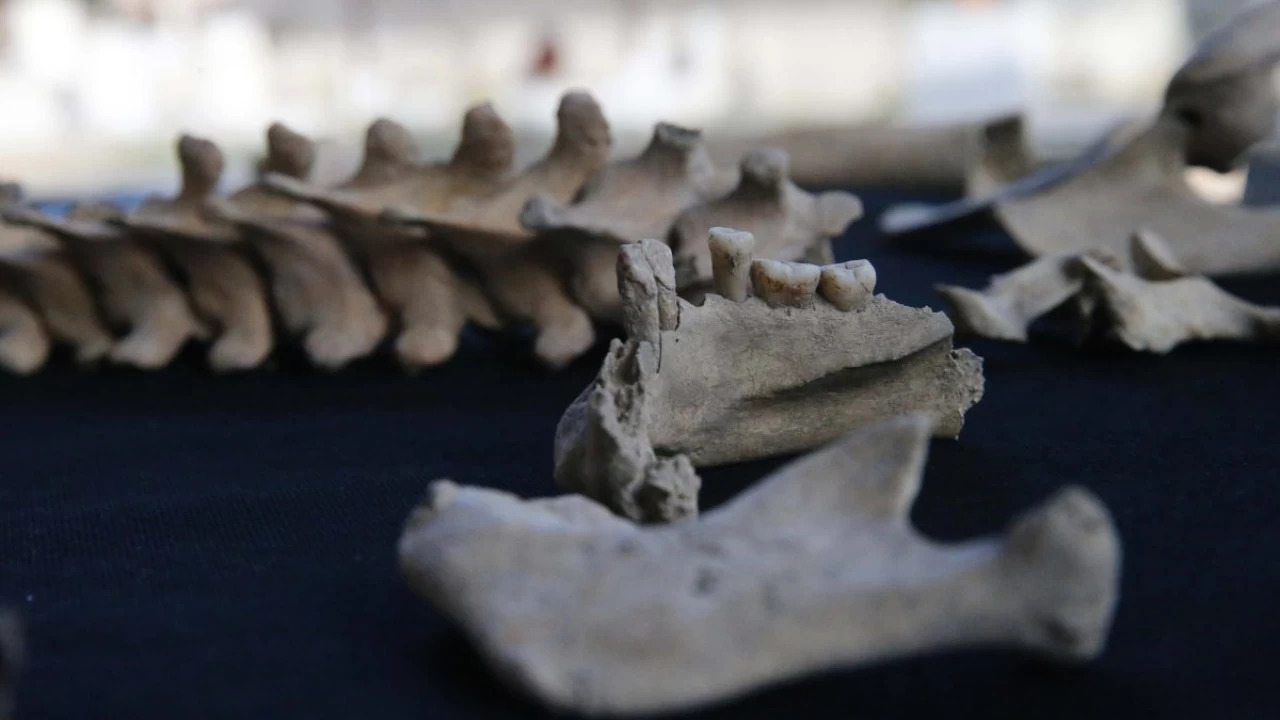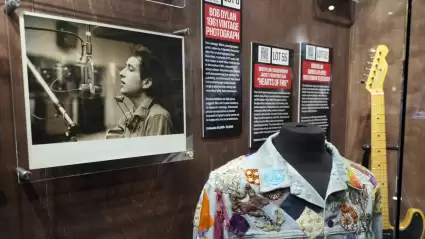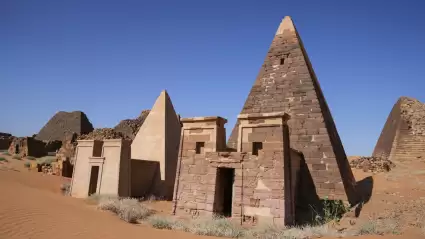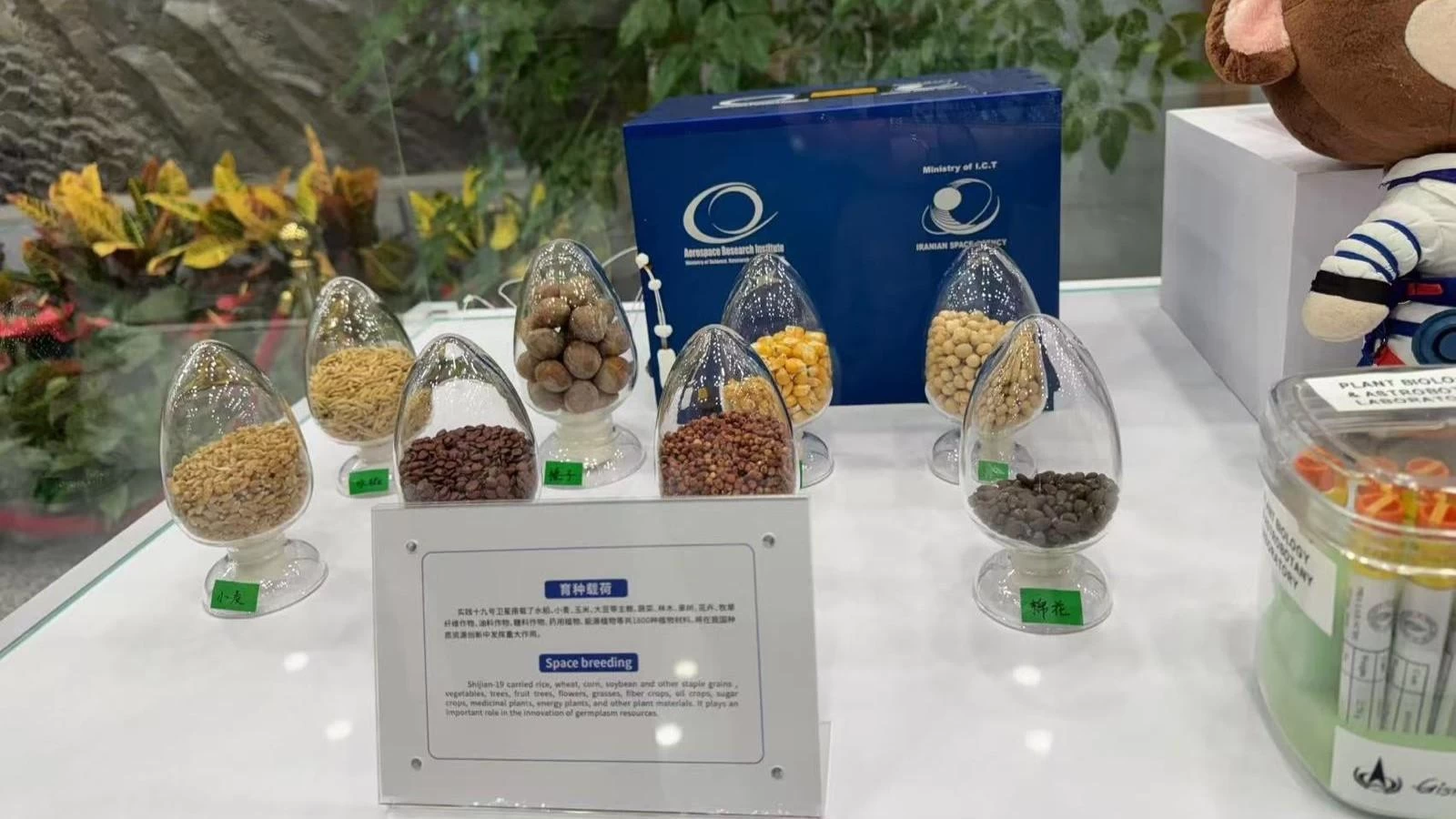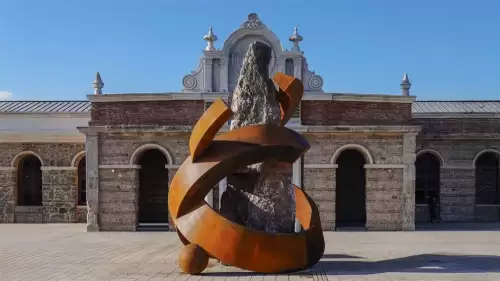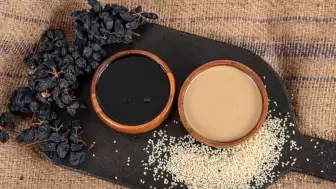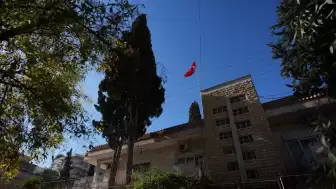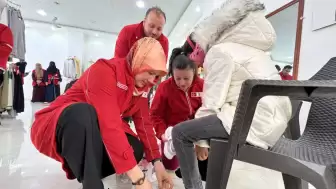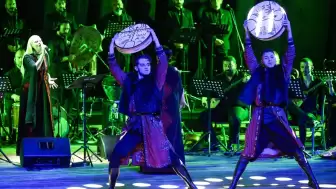Archaeogenetic Studies Shed Light on Ancient Diseases in Stratonikeia
Archaeogenetic studies are currently being carried out on skeletons unearthed in the graves of Stratonikeia, known as the "City of Gladiators," situated in the Yatağan district of Muğla, a southwestern city in Turkey.
Excavation and Restoration Efforts in Stratonikeia
Excavation, restoration, and conservation activities are ongoing year-round in Stratonikeia, which stands as one of the most significant ancient marble cities that has retained its importance throughout various historical periods including the Hellenistic, Roman, Byzantine, Anatolian Beyliks, Ottoman, and Republic eras.
Research Projects to Illuminate the Ancient City
Aside from excavation works, researchers are developing projects aimed at shedding light on the historical periods of the ancient city.
1.5-Year Archaeogenetic Project in Progress
Professor Aylin Köseler, leading the Biophysics Department at Pamukkale University Faculty of Medicine in Turkey, revealed the commencement of a 1.5-year archaeogenetic project in Stratonikeia.
Insights Into Past Diseases
Professor Köseler highlighted the focus of their research on comparing diseases from ancient times with contemporary ones, emphasizing regional disparities. The team aims to uncover insights into historical diseases prevalent in the region by isolating DNA from the excavated skeletal remains.
Identification of Mutations
The team has identified specific mutations, particularly associated with the MTHFR gene, crucial for the body's folate metabolism. Initial findings show promise, with the detection of these mutations in skeletal remains dating back to both the Roman and Byzantine periods.
Collaborative Projects with Pamukkale University
Professor Bilal Söğüt, overseeing the excavations in Stratonikeia and Lagina, emphasized the collaborative projects with Pamukkale University Faculty of Medicine. The joint efforts focus on examining diseases found in human and animal skeletons discovered during excavations, providing valuable insights into the historical era.

